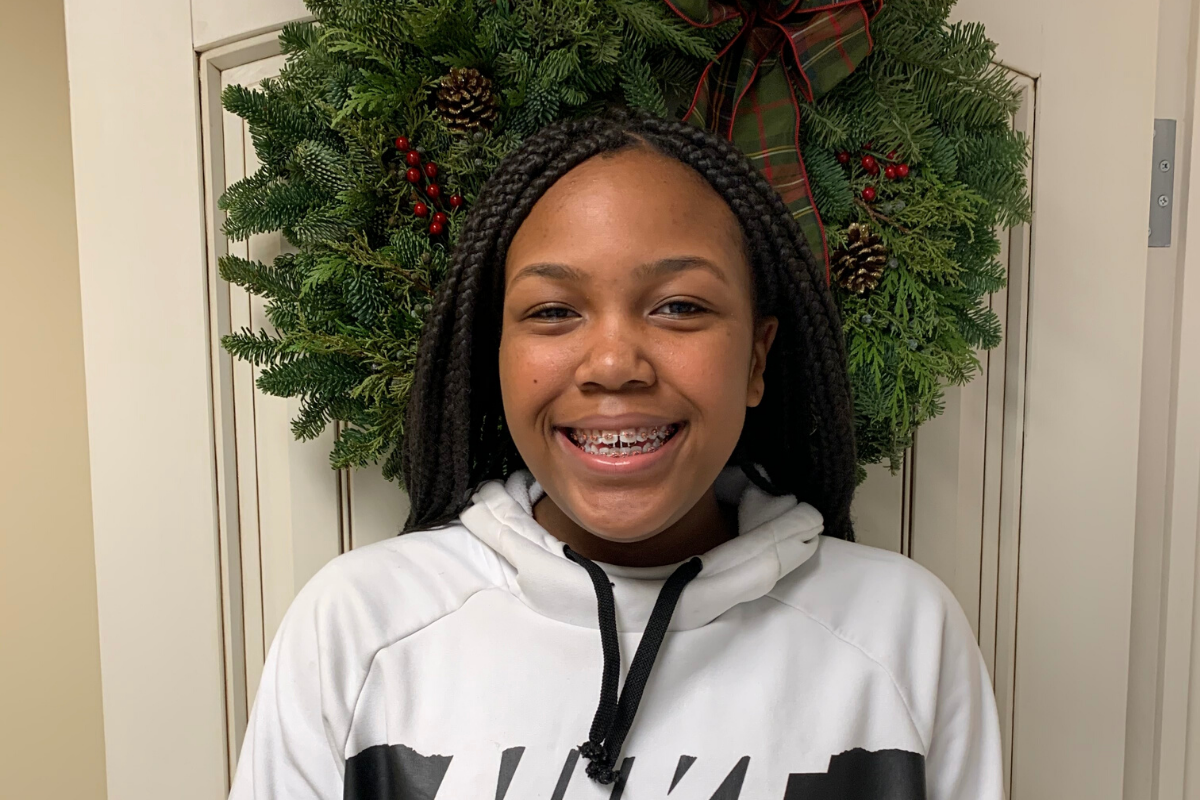
So you (or your child) is about to get braces. Congratulations — you’ve taken a huge first step towards a brand new smile! While it’s exciting to look ahead to the new you, the first week with braces doesn’t always feel like a cause for celebration. Adjusting to your new hardware can be a major lifestyle shift that takes time to navigate. There are new rules to follow, techniques to learn and changes you’ll need to make to your everyday routine. But it’s all part of the journey to achieving the smile of your dreams and we’re here to support you.
At The Brace Place, our patients are our number one priority. We want to make sure your orthodontic experience goes as smoothly as possible — from the day you decide to get braces to your lifelong oral health. If you (or your loved one) are about to get braces and you’re not sure what to expect or how to prepare, here’s our ultimate survival guide for your first week with braces.
1. Stock the Fridge with Braces-Friendly Foods
The best way to ensure a positive first week with braces is to plan ahead — and that starts with learning what you can and cannot eat with braces. It’s best to do some research ahead of time so you can go into your first week with braces prepared and armed with braces-friendly recipes you’ll actually enjoy.
During your first week with braces, your teeth will likely be more sensitive as they adjust to your new hardware. Some foods — like crunchy, hard or chewy foods, or anything you have to bite into — can cause further discomfort. Not only that: these foods can damage your braces, causing unnecessary delays to your treatment. And as much as we love to see our patients’ smiling faces, the less we see you during treatment means you’re on track.
We always recommend sticking to soft, easily digestible foods, not only during your first week with braces, but throughout your entire treatment. Foods like yogurt, bananas, bite-sized fruits, pasta, sandwiches, soups, steamed veggies, tofu and fish are all safe foods for braces. You could even meal prep for your first week so you’re guaranteed to have a fridge full of braces-friendly foods on hand.
2. Brush Up on Proper Brushing and Flossing Practices
If you’re like the majority of Americans, you probably brush your teeth twice a day: once in the morning and once before you go to bed. There’s nothing wrong with that when you don’t have braces — but as soon as you begin your orthodontic treatment, you’ll need to be more diligent about brushing and flossing.
With braces, it’s more difficult to brush away plaque and food particles from your teeth because the brackets and wires are in the way. Food can also easily get stuck on your braces, causing even more harmful build-up. That’s why it’s so important to brush carefully after every meal and floss at least once a day. Read up on braces hygiene practices ahead of time and then use your first week with braces to perfect your technique. We’re sure brushing and flossing with braces will become second nature in no time.
3. Plan Ahead for Braces Emergencies
With any big change or new experience, it’s totally natural to worry about what might go wrong. The good news is that braces emergencies are extremely rare and, when they do occur, they’re hardly ever serious. Most braces emergencies can also be handled at home without a visit to your orthodontist, as long as you prepare yourself ahead of time.
In your first week with braces, the most common issues you’ll experience are sensitive teeth, irritation to the gums and inside of your lips, and poking wires. While braces are designed to minimize discomfort, it can still take time for your mouth to adjust. If your brackets or wires are causing irritation, rinse with salt water to prevent infection and use orthodontic wax to create a protective barrier. As for any tooth sensitivity, a mild painkiller like Ibuprofen can help.
4. Stay Positive!
We know there’s a lot to get used to during your first week with braces. Between knowing what to eat, taking care of your new hardware and managing discomfort, it can be a little overwhelming at first. But once your teeth and mouth adjust, the discomfort will go away after a few days. And as soon you get into a routine, we know you’ll feel confident and prepared to handle every step of your braces journey.
If you’re feeling nervous or unsure about what to expect from braces treatment, call your Tulsa and Claremore orthodontist and we’ll be happy to answer any questions you have. And remember, the best thing you can do is be positive, stick to a routine and stay focused on the end goal: your beautiful smile.


























